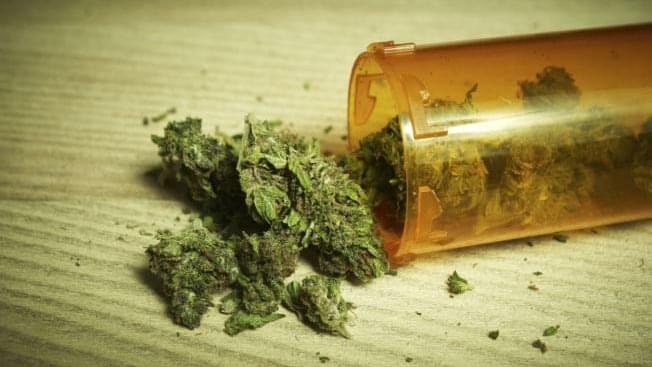
Marijuana as Medicine
Published on 10/11/15
Marijuana is federally illegal, and under schedule 1 is considered to have no medical value despite 23 states and the District of Columbia legalizing medical marijuana. Marijuana is widely accepted as treatment for many different conditions such as, epilepsy, chronic pain, loss of appetite, nausea, MS, diabetes, gloucoma, and even PTSD. The federal prohibition of marjuana has caused countless of it's own problems, and now several bills are in the works to keep state legalized marijuana safe from federal interference. Cannabis has been a life-saving drug for many families allover the US, and for many, including children with epilepsy, it's the only drug that can massively improve their condition. Researchers are finding that the location of our receptors on the body that receive the cannabinoids have much to do with the desired medical effects. Sets of receptors in the immune system are linked with marijuana's well known anti-inflammatory effects, as well as a set in nerve centers dealing with pain perception. Recent studies are showing that certain cannabinoids not only treat symptoms of cancer, but can slow and even shrink cancerous tumors. To this day, there has never been a recorded case of a fatal cannabis overdose.
High concentrations of signal-blocking cannabinoid receptors throughout the brain may explain why cannabinoids appear to quell seizures. Receptors are similarly dense in regions that control movement, promote appetite and combat nausea, which may explain why marijuana seems to relieve muscle spasticity and boost appetite. Although cannabis has many side effects – dry mouth, bloodshot eyes, inceased appetite, diminished short-term memory, anxiety and impaired reaction time among them – no fatal overdose has ever been reported. That's likely due to the relative absence of cannabinoid receptors in the brain stem, the region that controls heart rate and breathing.
